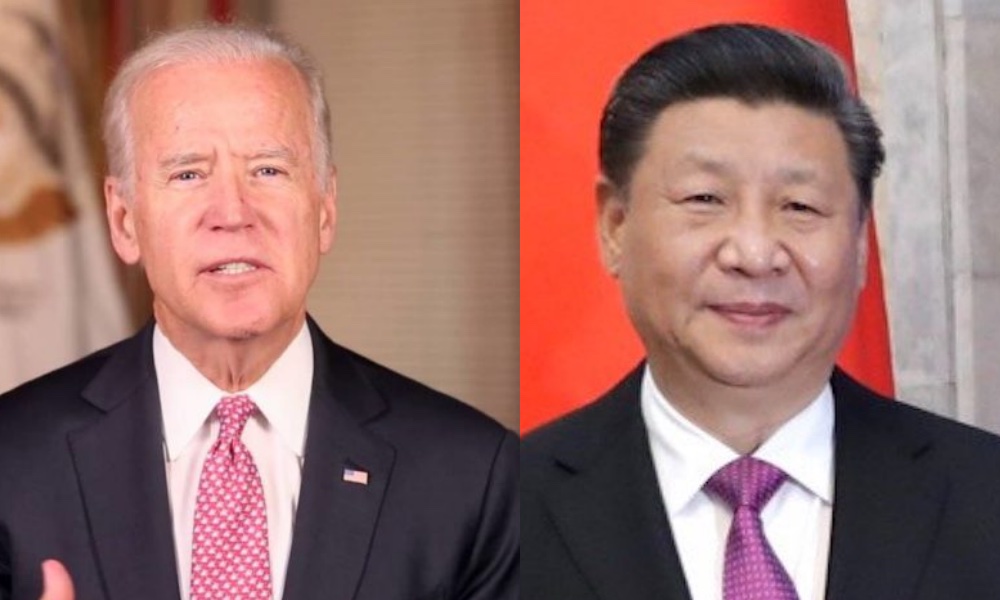US probes Chinese shipbuilding pricing

The US presidential elections this year have a strong anti-China current with both candidates vowing to get tough with Beijing.
Speaking in Pittsburgh to a steelmaking union yesterday, President Joe Biden announced plans to triple the tariff rate on steel and aluminum imports from China while the US Trade Representative has also launched an investigation into China’s shipbuilding practices.
“Shipbuilding is critical to our national security, including the strength of the United States Navy,” Biden said. “That’s why my administration takes it very seriously that US Steelworkers, along with four other unions, have asked us to investigate whether the Chinese government is using anticompetitive practices to artificially lower prices in the shipbuilding industry. We’ve heard you. And if the Chinese government is doing that and the unfair tactics to undermine free and fair trade competition in the shipping industry, I will take action.”
It goes against economic common sense to blame China for America’s own industrial problems
A Chinese Commerce Ministry spokesperson dismissed the shipbuilding probe yesterday, telling reporters in Beijing: “It lacks factual basis and goes against economic common sense to blame China for America’s own industrial problems.”
Biden’s defence secretary has recently toured yards in South Korea and Japan while also looking at ways to belatedly strengthen the American shipbuilding sector.
Biden’s rival for the White House this November, Donald Trump, had earlier proposed raising tariffs to 60% on all Chinese imports.
China has a leading 46.59% of the global market share in shipbuilding, while the US has an insignificant 0.13% share, according to data from the US Naval Institute.
“The United States once considered its merchant fleet and shipyards as strategic capability, and ships and shipyards were subsidized by taxpayers,” states a recent article from the US Naval Institute. “Unfortunately, subsidizes were eliminated in the 1980s, and the U.S. contribution to global output shrank from 0.50 percent to about 0.05 percent. On a labor and construction cost basis, U.S. shipyards cannot compete with foreign yards. Without a steady supply of contracts, they cannot maintain the industrial infrastructure or employ skilled workers.”





